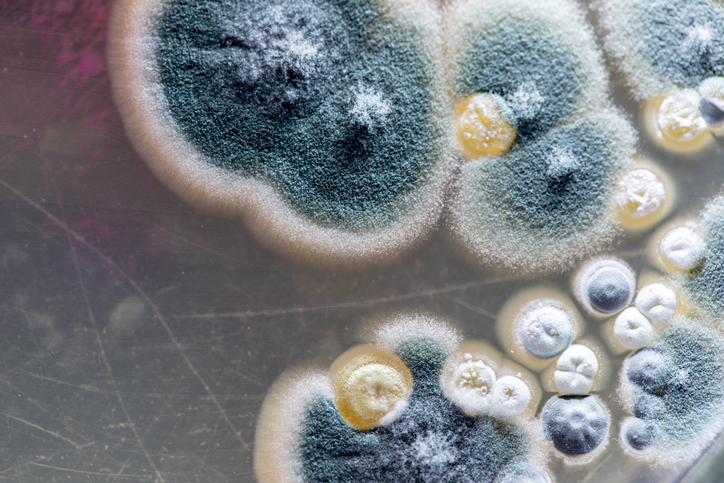
Understanding Mycotoxins & Their Role in Allergic Reactions
Understanding Mycotoxins and Their Role in Allergic Reactions
Mycotoxins are toxic compounds that are naturally produced by certain types of molds that can grow on food crops, stored grains, and inside buildings.
Mycotoxins can be harmful to your health in many ways, including causing allergic reactions and worsening asthma symptoms. If you suspect you might be allergic to mold, it’s important to understand how mycotoxins can impact your allergies and get the help you need to feel better.
How Mycotoxins Impact Immune Responses
Your immune system is a powerhouse, working diligently to protect your body from foreign invaders such as bacteria, viruses, and allergens. Unfortunately, the impact of mycotoxins on the immune system is profound and complex. And the longer your mycotoxin exposure, the worse your symptoms can get.
According to the Journal of Immunology, mycotoxins are known for suppressing the immune system and increasing inflammatory responses, which can make the body more susceptible to various infections and chronic conditions. However, specific mycotoxins are also known to trigger allergic reactions. For example, Trichothecenes can impair the immune response and simultaneously provoke an inflammatory response, which is a hallmark of allergic reactions. These mycotoxins can be found in corn, wheat, and other grains that are contaminated with certain types of fungi.
Typically, allergic reactions occur when your immune system mistakes something harmless as a threat. It’s why your friend can have a dozen cats but your eyes water as soon as you get close to one. Allergy symptoms can include respiratory issues such as wheezing, sneezing, or even asthma to dermal reactions, including itching, hives, and eczema. You might also experience itchy, watery eyes and a runny nose. The severity of a mycotoxin allergic reaction can vary significantly depending on your sensitivity and how long you’ve been exposed to it. Additionally, you could be extremely allergic to certain types of mold and have no reaction to others.
How to Tell You Have Mycotoxin-Related Allergies
Think you might have a mycotoxin allergy? If you live or work in a building with mold, then it’s possible you have encountered these toxins. Mycotoxins can enter the body through your nose and mouth when you inhale or ingest them. They can also enter through your dermal layer when you touch them. Of all these, inhalation is particularly concerning in environments contaminated with mold, such as water-damaged buildings and poorly ventilated spaces. Once inhaled, mycotoxins can cause respiratory inflammation and exacerbate pre-existing conditions like asthma.
The first step to knowing if you’re experiencing a mycotoxin allergy is to take a test. It can take some time for a doctor to correctly diagnose you. However, you can take an at-home mycotoxin test and get results quickly to learn whether you have been exposed to them. Once you validate that your allergy symptoms are caused by mycotoxins, you can start managing your exposure to mycotoxins to eliminate them from your life and finally get relief from your allergy symptoms.
If you think you may have a mycotoxin allergy, consider getting a test. It’s confidential and fast, allowing you to get to the root of your issues and take steps to eliminate mycotoxins from your body and environment. Order your MycoTOX test today.
Health Disclaimer: It is recommended the reader of this site consult with a qualified health care provider of their choice when using any information obtained from this site, affiliate sites and other online websites and blogs. Please consult your health care provider before making any healthcare decisions or for guidance about a specific medical condition.